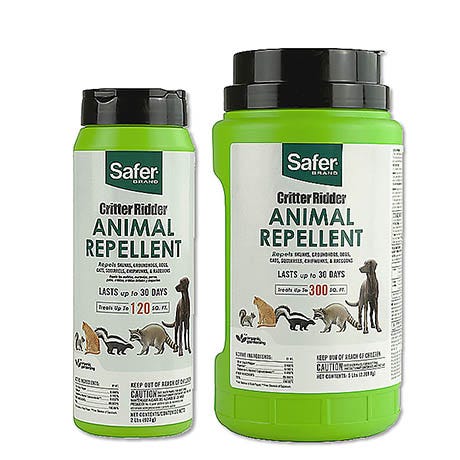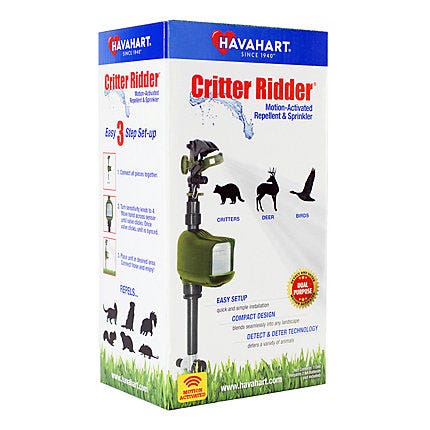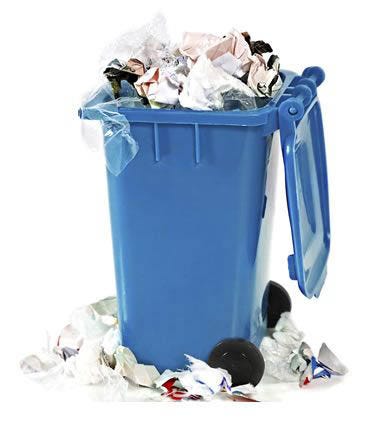
General Dog Facts

- Scientific Name: Canis familiaris
- Average Lifespan of a Pet Dog: 10-13 years
- Average Lifespan in the Wild: 1-2 years
- Identifying Characteristics: four legs and a tail; superior sense of smell and sight; intelligence and quick learning skills; loyalty; good memory; other breed-specific characteristics.
Fun Facts

- The intelligence of an average dog is comparable to that of a 2-year-old child.
- While dogs are not completely colorblind, they cannot distinguish between reds and greens.
- Dogs have a superior sense of smell, helping them to seek out predators, prey, other dogs, signals, and more. Dogs possess about 40 times the number of olfactory sensors as humans, giving them a sense of smell that’s 100 times greater.
- The moisture of a dog's nose helps the dog to better detect odors.
- Research has shown that dogs can smell certain signs of disease, accurately diagnosing cancer in many individuals.
- To cool themselves off in warm weather, dogs pant and sweat from their paws.
- Humans have been domesticating dogs for over 10,000 years.
- The American Kennel Club currently recognizes 167 breeds, while the World Canine Organization recognizes 340. Breeds range in intelligence, skills, size and more.
Identify Areas of Damage
In order to determine the method(s) that will best repel unwanted dogs from your yard, it's important to know the areas they are frequenting and what type of damage they are causing.
Common dog activities include:
- defecating on your lawn
- urinating on trees
- injuring/killing your livestock
- digging in your yard or garden
- eating your crops or plants
- harassing your pets
- tearing up trash from your garbage bins
Choose the Right Dog Repellent
After locating the damage caused by neighborhood dogs and determining their habits in your yard, select the best dog repellent(s) for you. Keep in mind that once a dog marks its territory and/or establishes a habit, it takes time and persistence to keep him from returning.

Liquid Spray Repellents
Best For: Protecting surfaces from destructive digging and chewing. Spray a liquid repellent directly onto outdoor surfaces you want to protect, such as:
- grass
- trash bags
- trees
- fences
- soil
- plants
- mulch
- leaves
TIP: Protect edible crops by spraying surrounding leaves and stems.

Granular Repellents
Best For: Creating a barrier to keep dogs out of various indoor and outdoor spaces. Sprinkle granular repellents around the perimeters of areas including:
- yards
- lawns
- flowerbeds
- trash sites
- gardens
- houses
- vegetable gardens
- poultry housing
TIP: Apply a thick barrier of granules around objects like plants, trees or garbage pails to prevent dogs from approaching them.

Electronic Repellents
Best For: Effectively frightening away approaching dogs with sudden bursts of water. Eco-friendly electronic repellents can be used to condition dogs to stay away from almost any outdoor area, such as:
- yards/lawns
- mulch beds
- ponds
- structures
- gardens
- trees/plants
- pool areas
- pathways
- vegetable gardens
- garbage cans
- poultry housing
- property entryways
TIP: Use one alone or in conjunction with traditional repellents for the ultimate defense against intruding dogs.
Apply as Directed

The application process is important, as certain conditions must be met in order for an animal repellent to be effective. Always refer to the back panel or instruction manual. Critical points to remember include:
- Apply liquid repellents in dry weather and in temperatures above 40° F.
- Reapply repellents periodically as indicated on the label in order to maintain full repellency. Several encounters with your repellent(s) may be required before a dog begins to associate the discomfort with the protected area.
- Point an electronic repellent's motion sensor and sprinkler head in the direction dogs are approaching from. Set the unit's sensitivity to accommodate your climate and desired detection strength.
Remove Attractants

In addition to periodic application, consistent yard maintenance is critical to keeping dogs away - as certain waste and debris can attract them. Eliminate anything in your yard that may attract dogs.
- Immediately clean up dog feces from your lawn.
- Remove and secure garbage in tightly sealed containers
- Bring any leftover food or drinks indoors.
- Avoid feeding dogs or other wild animals on your property.
- Feed your pets indoors.
- Remove bird baths or any other sources of water from your yard.
Expert Tips
- The best dog repellents contain capsaicin and other pepper-based ingredients. These have a scent and taste that dogs are strongly opposed to and learn to avoid.
- Homemade dog repellents like ammonia and vinegar can kill your lawn or vegetation.
- Reposition your motion-activated sprinklers frequently during the first week of use. Dogs are intelligent and can learn to avoid your electronic repellent if it remains in the same position from installation. After a few weeks, dogs will begin to associate the nuisance with your yard and learn to avoid the area all together.
- The best way to repel dogs is to use multiple repelling solutions at once. Dogs have varying personalities and thresholds for discomfort, so the more diverse your defense, the better.
- For more tips, read How To Get Rid of Dogs

